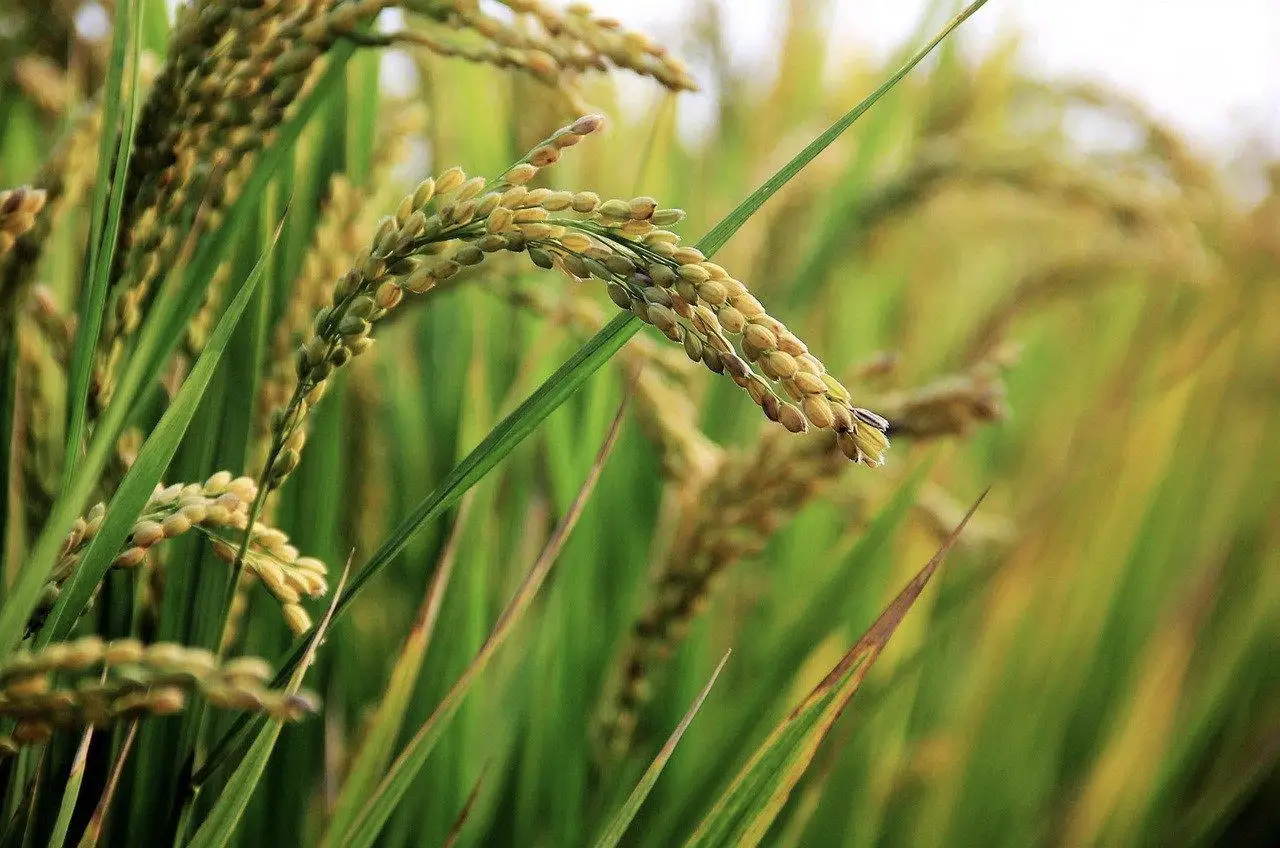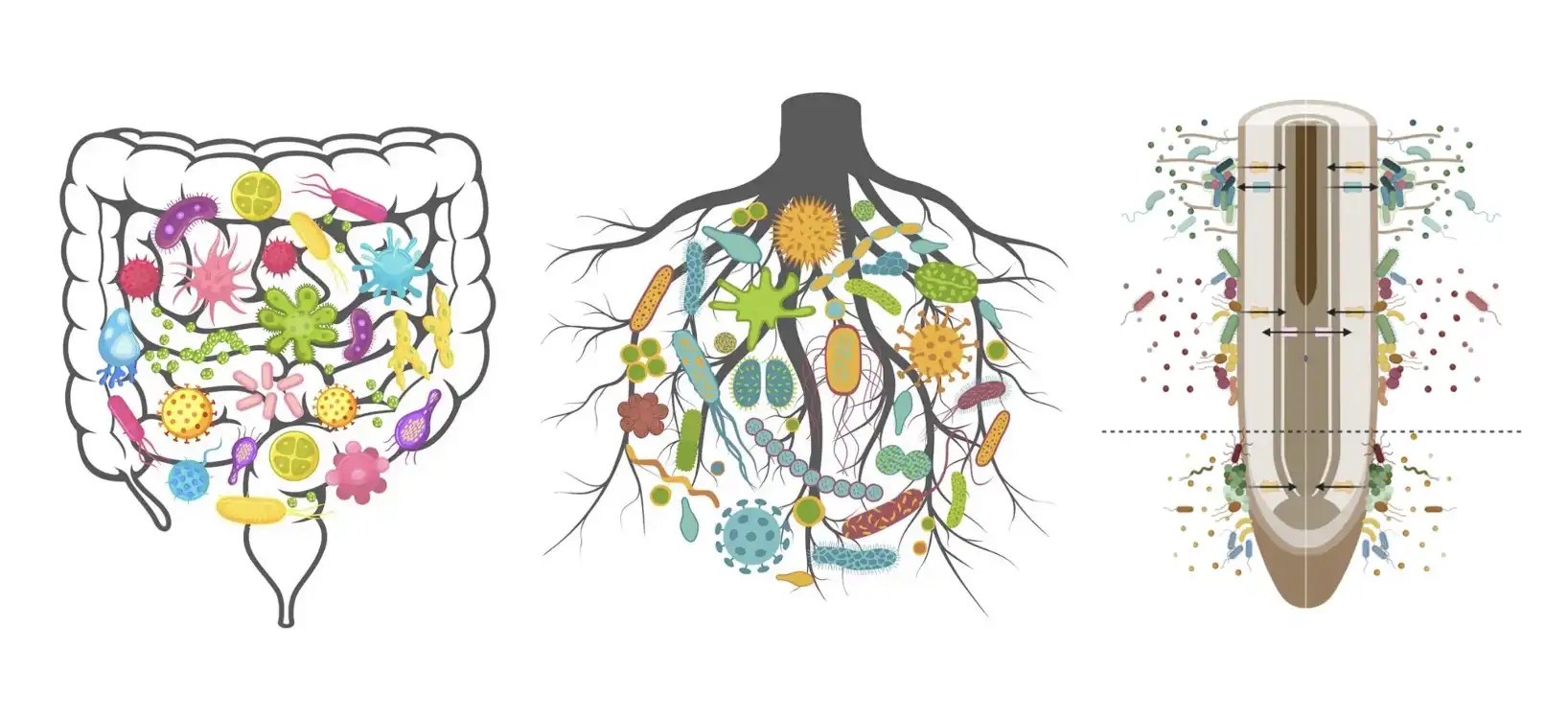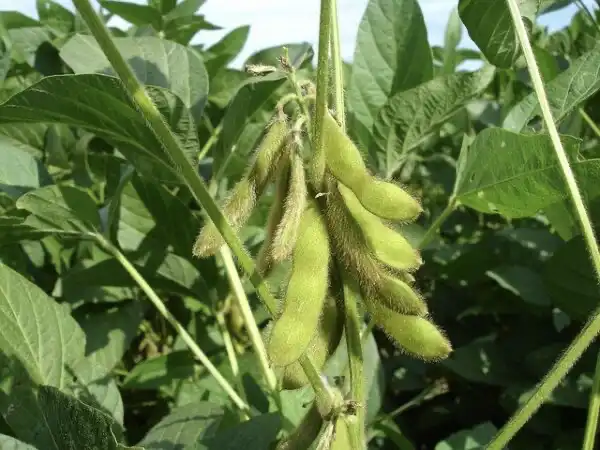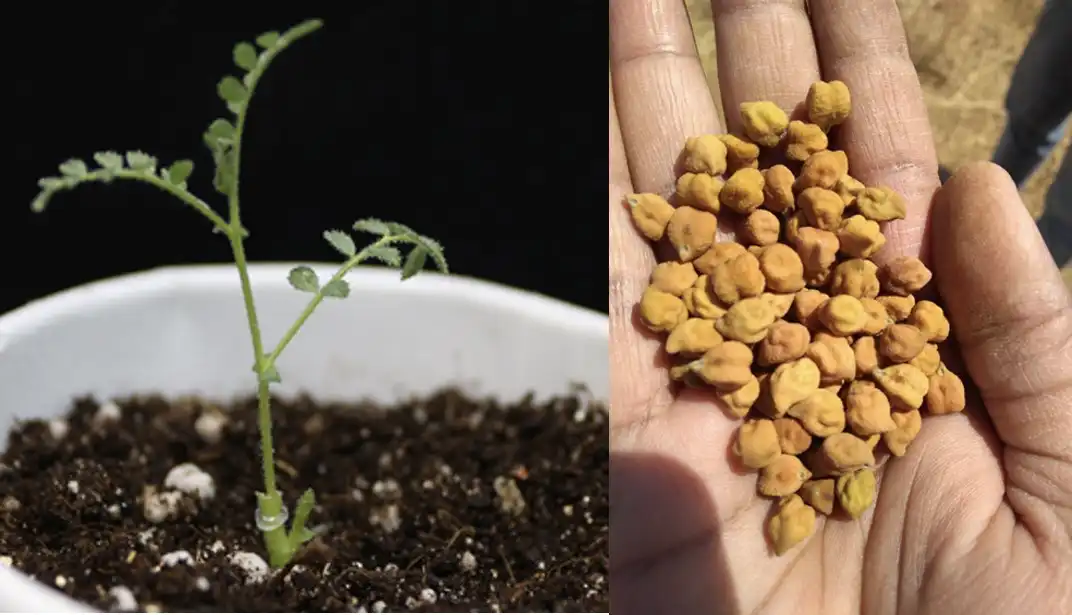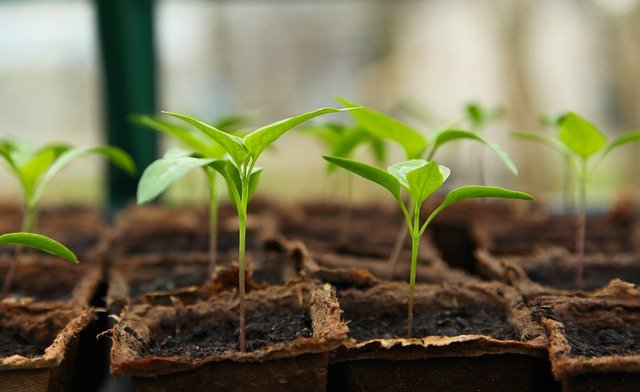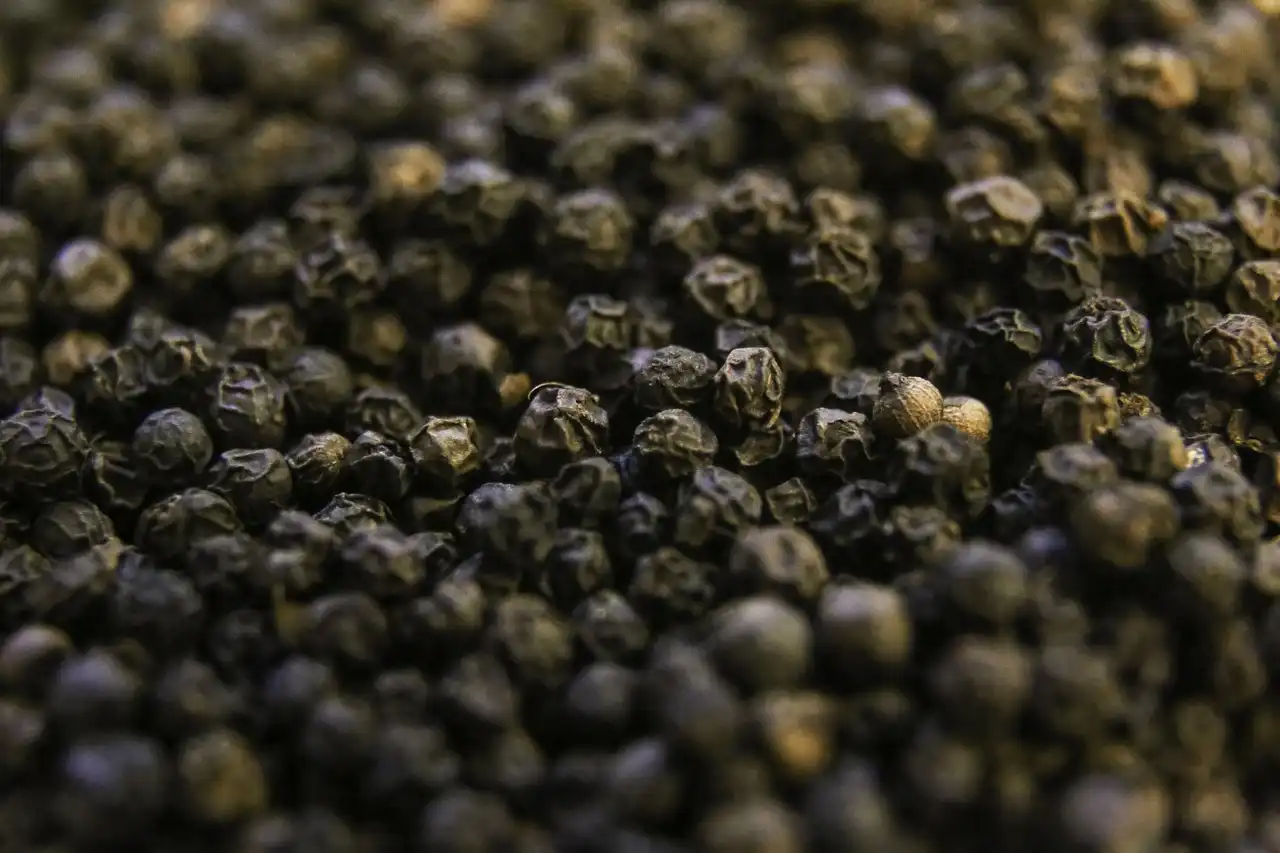
Orphan crops, as the name implies, are often ignored. Yet, they have great potential to improve global food security. These underutilised plants, primarily grown in Africa, Asia, and South America, are staples in local diets but receive minimal attention in modern agriculture. Due to limited research and breeding advancements, they remain vulnerable to biotic and abiotic stresses.


